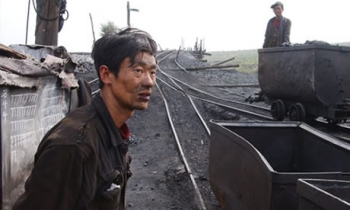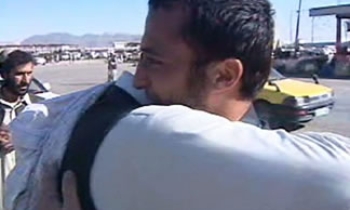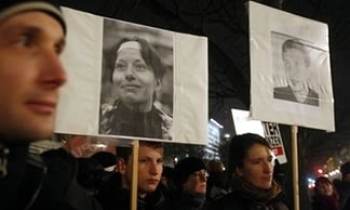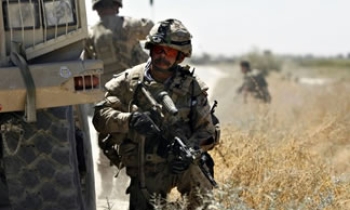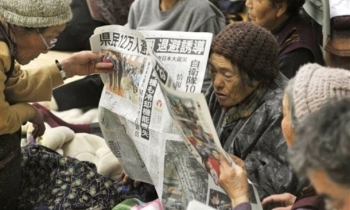Last week in Honduras, a board member of the La Voz de Zacate Grande community radio station was shot in the leg by residents upset about the station's coverage. Police sat idly by. It was just the latest in a string of incidents that highlights the government's failure to investigate attacks on journalists - despite promises it made before the UN's Human Rights Council in November, says IFEX Latin America and Caribbean (IFEX-ALC), an alliance of 17 IFEX members in the region.
IFEX-ALC was speaking in Geneva on 17 March at the latest Human Rights Council session. In its oral intervention during the session, IFEX-ALC said the free expression situation is still deteriorating in Honduras - even though the government committed itself to defending free expression at the Universal Periodic Review (UPR) process last November, when Honduras's human rights record was formally reviewed by members of Human Rights Council. Back then, the government pledged to investigate attacks and murders of journalists, and legally recognise community-based media outlets.
But "attacks on media personnel are on the increase, with government officials being responsible for some of the incidents," says IFEX-ALC.
For instance, 10 journalists were violently murdered in 2010, with one of them being killed after the UPR - and none of the cases have been thoroughly investigated, says IFEX-ALC. At the same time, certain precautionary measures requested by the Inter American Commission on Human Rights (IACHR) have still not been fully implemented.
Furthermore, the money promised to the Public Prosecutor's Office to investigate human rights violations has been cut in half, says IFEX-ALC. Rights defenders have also been threatened: Leo Valladares, former National Human Rights Commissioner, and social issues researcher Alvaro Cálix, have both been recently forced into exile, IFEX-ALC reports.
But at the recent Human Rights Council session, the government vowed again to adopt the UPR recommendations linked to free expression, such as investigating the murders of the journalists and recognising the particular needs of community media to gain operating licences. In a private meeting with the Honduran delegates, IFEX-ALC reiterated its willingness to assist Honduras "in any way possible."
According to Ramón Muñoz Castro of the International Network of Human Rights (RIDH), a partner organisation based in Geneva who represented the IFEX-ALC in Geneva, "Experience shows that if a medium and long-term strategy for this campaign is implemented, IFEX-ALC may influence the Honduran state to achieve desired changes. The challenge is to keep the communication channels in Geneva open to input from local Honduran NGOs."
IFEX-ALC members will continue to closely follow Honduras's compliance with the recommendations.

